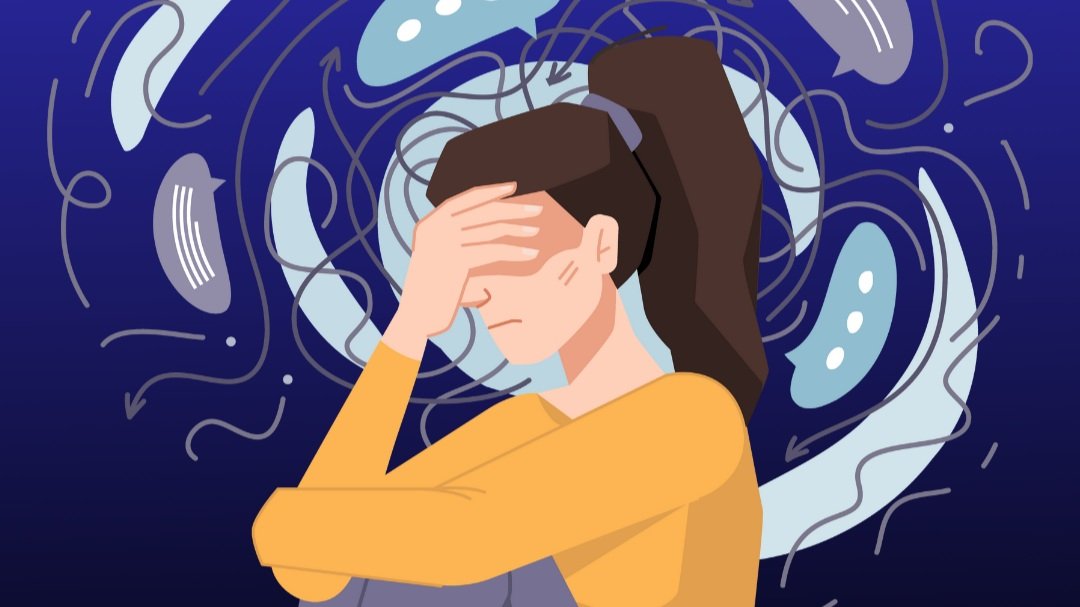Ace Dad Advice: I think I might be ace… what do I do with that?
K writes:
I think I might be greysexual, and I don’t know how to process this. I found your page, thanks to “Smarter in Seconds” and it led me down a rabbit hole. I’ve thought for years I might be asexual, but it never made sense because I have occasionally felt sexual attraction, in very specific situations.
I’m a married woman, with a young son. I have an adoring husband, whom I love deeply. But I’ve always thought I was weird because I just don’t care about having sex like it seems like other people do. That’s not to say I haven’t felt attraction at times to people throughout my life. I’ve enjoyed romance, the excitement of dating, or in my marriage, the joy of being close and intimate with my husband because I love seeing him happy. But honestly, I think without those motivations, I could go without it completely, and be totally happy.
Which leads me here. Feeling like I just discovered something that might finally make sense for me. But also having no idea what to do with that information. Having no idea how my husband might react to that information. He is incredibly accepting of all types of people but I can imagine it might be a hard blow to his confidence hearing “I love you but I think I don’t experience sexual desire.”
Hey K -
First of all, let’s focus on the “you” part of this equation. While it can sometimes be frightening and overwhelming, it’s a profound gift to find a deeper understanding of yourself and your experience. Before all else, I want you to celebrate that. You’re able to look at parts of your experience in new ways, contextualize them differently, and maybe understand yourself in a gentler, more authentic way. Prioritize this journey first. Focus on you asking these questions and discovering their answers now — you’ll get to the sharing part later. Give yourself the time and space to make full sense of these new ideas and questions before you worry too much about what comes next. Even if you decide through further exploration that you’re not on the ace spectrum, you’ve still gotten to spend this time being curious and thoughtful about who you are, and that’s time well spent.
Let’s say you do come to the understanding that you are, indeed, asexual. What happens now? You have full control over who needs to know and who gets to know about this new understanding of yourself. If you decide that being fully open is the way for you to feel most complete, then march bravely in that direction. If you decide that knowing this truth for yourself is enough, and you don’t want to come out, that’s also a path to walk. Whatever allows you to live this understanding authentically, fully and happily is the right path for you.
Now when it comes to relationships, it does become more important to share new ways we understand ourselves. Sure, that conversation is hard — I had that conversation with my husband, and it wasn’t easy — but in order for you to be your full authentic self with your spouse and for your spouse to be able to love the full person you truly are, disclosure is probably necessary.
I have two important bits of advice here: first, coming out as ace in an existing relationship changes the landscape of the relationship. No moral judgment attached; it’s just the truth. It changes the game. So acknowledge that in the conversations you have, while reinforcing how important that step is - “I get that this change in me means a change in us, and I know it’s not easy, but I wouldn’t step into this space if it wasn’t vitally important for me and for us to be the best we can be in ourselves and together.” Make room for tough feelings. Make room for questions. Make room for confusion and anxiety. Process them together - you both will have them - and focus your conversations not so much on what’s changed and lost, but on what you can build anew together. “Here’s what ace means to me, here’s what I like and don’t like, let’s talk about what you want and like and need, and let’s work together to renegotiate the contract here because our relationship means a lot to me.”
Second: Don’t apologize. It can be so easy for us to slip into apology mode. “I’m sorry I’m ace.” ‘I’m sorry my asexuality is a problem we have to deal with.” “I’m sorry my asexuality is taking something away from you.” But we are tasked with teaching others how to see our asexuality, so it’s up to us to lead with affirmation, confidence, an unapologetic spirit. We can make space for challenging feelings without treating our asexuality as a liability. We can say, “I know this is new, but I’m a more complete version of myself now, and while the change may require work, you’re getting a better me showing up for you now.” Don’t be your first bully. Instead, be your first ally.

